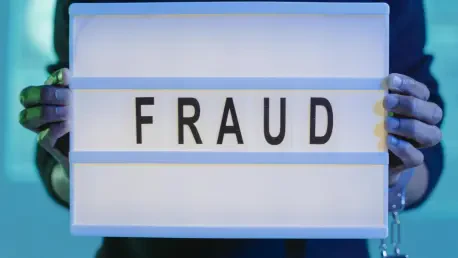The article “How to Win Followers and Scamfluence People” by Matt Burgess explores the unsettling rise of Format Boy, a pseudonymous online influencer who instructs followers on executing high-paying scams. Unlike typical influencers seeking brand endorsements, Format Boy shrouds himself in anonymity and engages with the Yahoo Boys, a network of West African, primarily Nigerian, fraudsters targeting wealthy foreigners, notably Americans. These scammers utilize social engineering and advanced technological tactics like face-swapping and deepfakes.
Format Boy’s role as a facilitator in this dubious domain is significant; he provides instructional material guiding others on scam execution. While admitting previous direct involvement in scamming, he claims to have redirected his focus to video editing and AI research. Despite repeated removals by YouTube, he remains active on Telegram, where he offers advice, software, and promotional deals on deepfake tools, gathering a considerable following. This trend illustrates the growing influence of “scamfluencers” who capitalize on the internet’s reach to propagate deceitful practices.
The piece highlights the ethical quagmire as these practices inflict genuine harm on victims, emotionally and financially. Format Boy’s contradictory stance—distancing from direct scams while promoting methods—illustrates the moral ambiguity in this digital subculture. The overarching issue transcends individual actions, shedding light on broader challenges of digital ethics and accountability in the age of elaborate cyber fraud.









